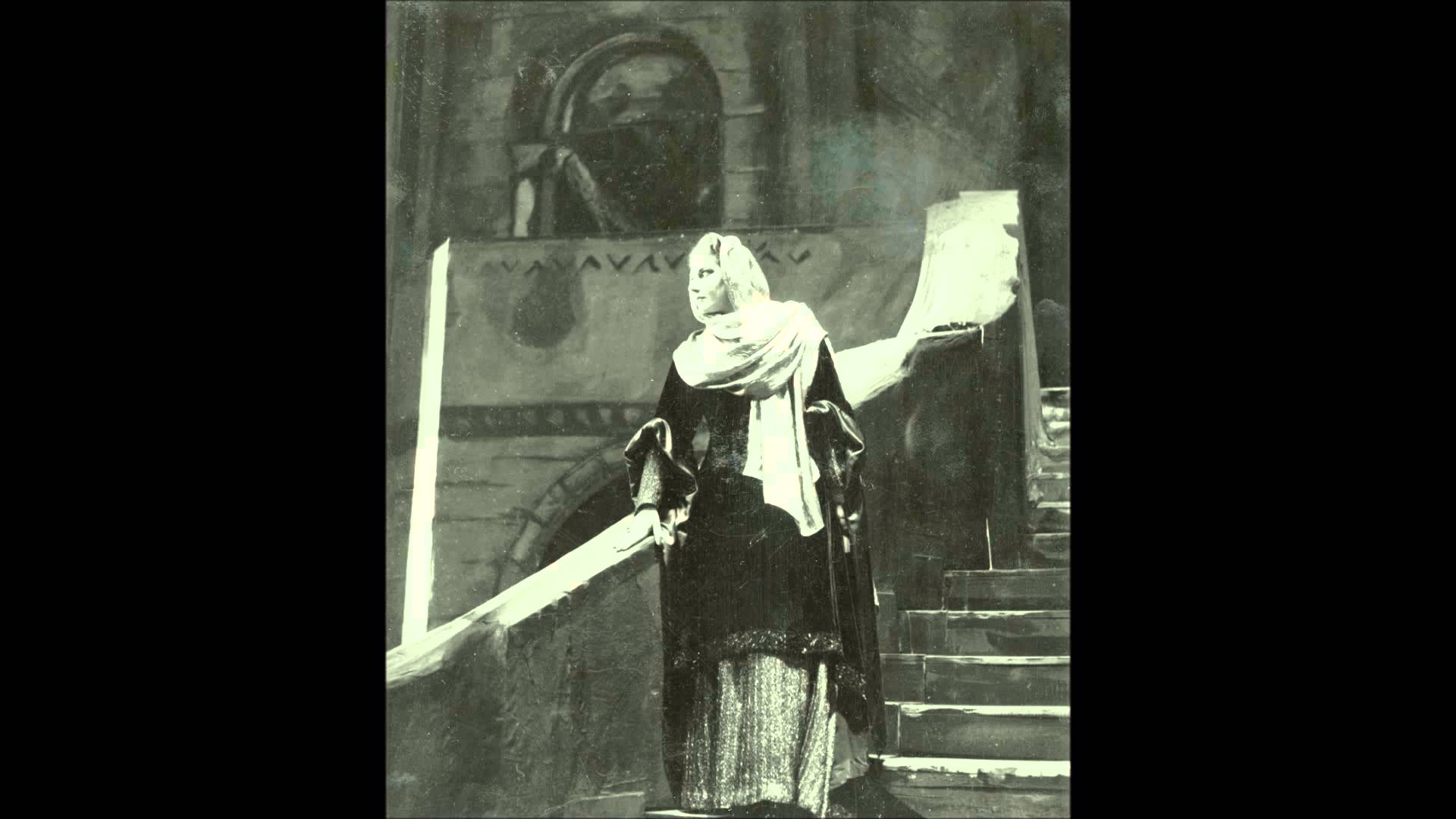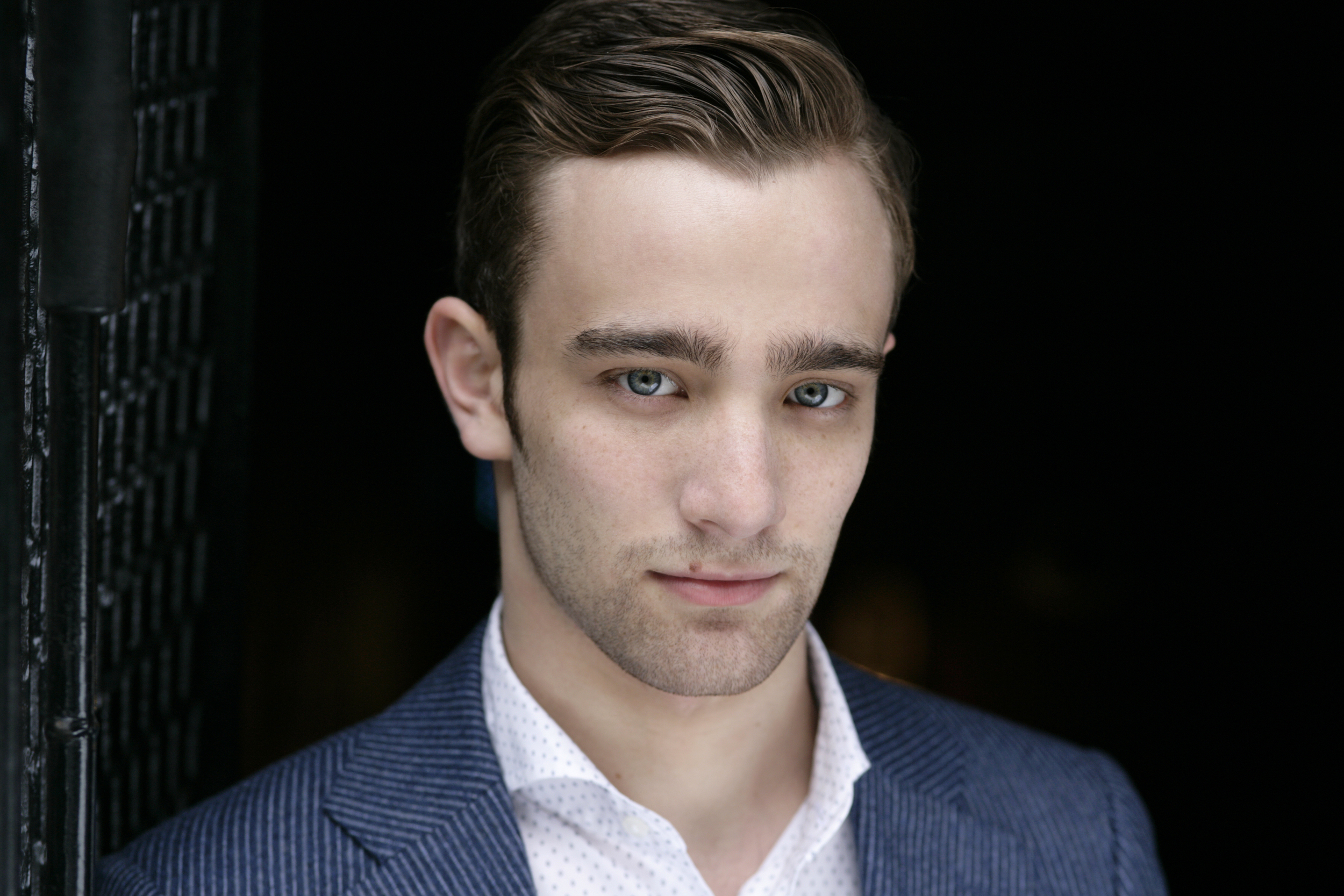Today’s blog post is less about a particular song and rather what I have been experiencing as of late after having made the move from New York City to Los Angeles, where I just joined the young artist program at LA Opera. It has been such a beautiful move in so many ways. Exploring new places is always a perk of this job, but even more so now that I have the ability to drive, which I haven’t for the past 23 years. I love LA’s stark polar-oppositeness to New York. Of course, I have inklings of missing Manhattan, but The West has a wonderful, strange mysticism that I am enjoying thoroughly. To have a brand new home base for the next few years is a very special thing, and I’m very pleased (and relieved) to say that it is a great fit.
My first production here at the LA Opera is Verdi’s Macbeth, with Placido Domingo singing the title role, and a cast of some of the most brilliantly produced voices I’ve ever been around. Even the covers for the leading roles are absolutely world-class. This being said, I feel totally inadequate and out of my element in a Verdi rehearsal room. Firstly, I was not born with a Verdian instrument, so the music hasn’t been on my performance radar whatsoever. Secondly, there is something about the darkness and brutality of the Verdi vibe that just doesn’t lend itself to what I love so much about the creation of this art form. Steven Blier and I were in San Fransisco to perform a recital together, and we went to go see Don Carlo at SFO. It was a stellar cast, and there were incredible moments, but I walked out feeling strangely disconnected, a feeling I do not usually experience leaving the opera. Steve turned to me and basically said, “you know that was a very good Don Carlo, right?” I thought about it, and he was absolutely right. I could not pinpoint what I did not relate to about the piece, but I suppose it was just that. I simply did not relate to a 4-hour epic about the Spanish Inquisition.
This is not to say I don’t love Verdi’s incredible scores. Macbeth is filled with some of Verdi’s most epically haunting music. Take the curse music from Rigoletto (even though Macbeth precedes it) and essentially expand it across four acts. My favorite part of the entire piece (although it is a very hard call) is Lady Macbeth’s sleepwalking scene. Maybe I’m biased, because this is the scene in which I make my humble debut with the company as the Doctor, who bears witness to the madness of Lady Macbeth. This scene has quickly become one of my favorite mad scenes in opera. Am I a huge fan of Verdi’s setting of the works of Shakespeare? Eh. Not in the long run. However, under a microscope, each of the key moments in the plot are set with the type of intensity that only Verdi can supply. We are left with some absolutely incredible pieces of musical drama.
If I felt strange and out of place in the rehearsal room, my discomforts were quelled when we got into the theater. It turns out Verdi didn’t write Macbeth for a rehearsal room, and it is certainly something exhilarating to be onstage in a gorgeous 3000+ seat house hearing these singers do what they do (and doing a bit of it myself), learning from the dark, majestic sect of this art form called Verdi. Here for your listening pleasure is Maria Callas singing Lady Macbeth’s final grand scena, the Sleepwalking Scene, from Giuseppe Verdi’s Macbeth.



0 Comments